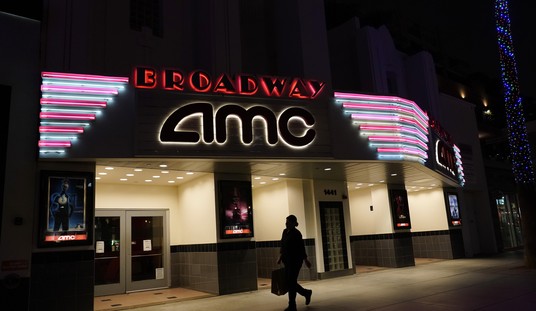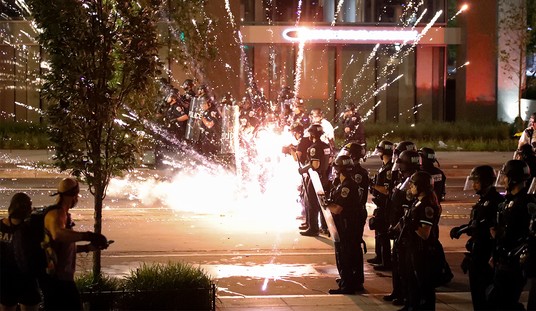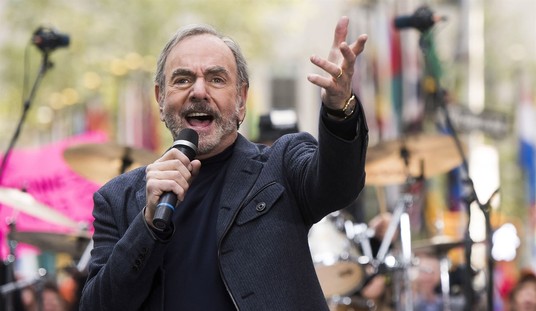Not according to Michael Yon, who should know, as he embeds with both routinely in his war reporting. Despite some speculative columns on both sides of the pond about rivalries between the militaries of the US and UK and questions about the effectiveness of British units, both sides have deep respect for their allies in arms — and for good reason:
The words imply that the US-UK relationship is fraying. This is untrue as seen from the foxholes I am constantly in. I have embedded with numerous British units in Iraq and Afghanistan, and have seen combat with all of those units. Maybe five or so. The units included 2 Rifles, 4 Rifles, Queen’s Royal Lancers, Duke of Lancaster’s, 2 Para, and I believe perhaps a couple more though there was much going on and it’s difficult to remember.
What I can say, is that the significant combat I saw with British soldiers made me respect them more with each battle. Yes, it’s true their gear needs serious upgrading. The British government needs to spend billions to upgrade the hardware. But when it comes to the soldier, British soldiers are extremely well-trained, courageous and ready for a big firefight at the drop of a hat. Our brothers and sisters are vastly outnumbered at Helmand Province in Afghanistan. I think about them several times a day and am concerned that they might take serious losses this year.
When the question comes up about what Americans think about our closest ally, I ask MANY American soldiers what they think of the British. There are mixed opinions of course, but the bottom line is that American combat veterans greatly respect British soldiers. The British just need better gear.
Decisions made by British military leadership in two arenas have given rise to some of the talk about hard feelings and resentment. The capture of more than a dozen Royal Navy personnel by Iran and the apparent capitulation by the UK for their release, staged beautifully for propaganda purposes by Mahmoud Ahmadinejad, was one such event. That was more of a one-off, though, and created enough of a political problem in the UK that it’s not likely to be repeated.
More significantly, two strategic errors by the British in the last two years helped undermine confidence in their military. The truce approach in Helmand with the Taliban created serious questions as to whether the British really understood the conflict in Afghanistan. In the latter case, NATO replaced that leadership and began using much more aggressive strategy and tactics, creating a significant setback for the Taliban. In Basra, the Brits more or less retreated in the face of Moqtada al-Sadr’s Mahdi Army and allowed them to take control of the south of Iraq for years. Nouri al-Maliki had to militarily wrest control away from Sadr this year, and he didn’t even bother to keep the Brits informed of the action.
In both cases, though, that had much more to do with political decisions rather than military strategy. The Brits in Afghanistan took their cues from the Afghans themselves, who want reconciliation rather than a generation of civil war; they just took it too far. In Iraq, the British government wouldn’t (or more accurately, couldn’t) provide the number of troops it would have taken to secure Basra and the south the way the Americans eventually — after a number of mistakes ourselves — secured the west and the central parts of Iraq. Instead of withdrawing entirely, as other nations did, the British tried working with “local” forces to provide some sort of security, but the result was the reign of terror from the Sadrists for most of the last five years.
Even the best military forces can only perform as well as their political leadership allows. When we criticize the errors made by British strategists, we have to acknowledge at the same time their tenacity in sticking with the missions in Afghanistan and especially Iraq despite the global disapproval of those efforts. Other nations, such as Spain, didn’t show that kind of fortitude and brotherhood with the US. And when British troops do engage, they show why they remain one of the world’s premiere fighting forces — and why we are fortunate indeed to have them as brothers in arms when the need arises.








Join the conversation as a VIP Member